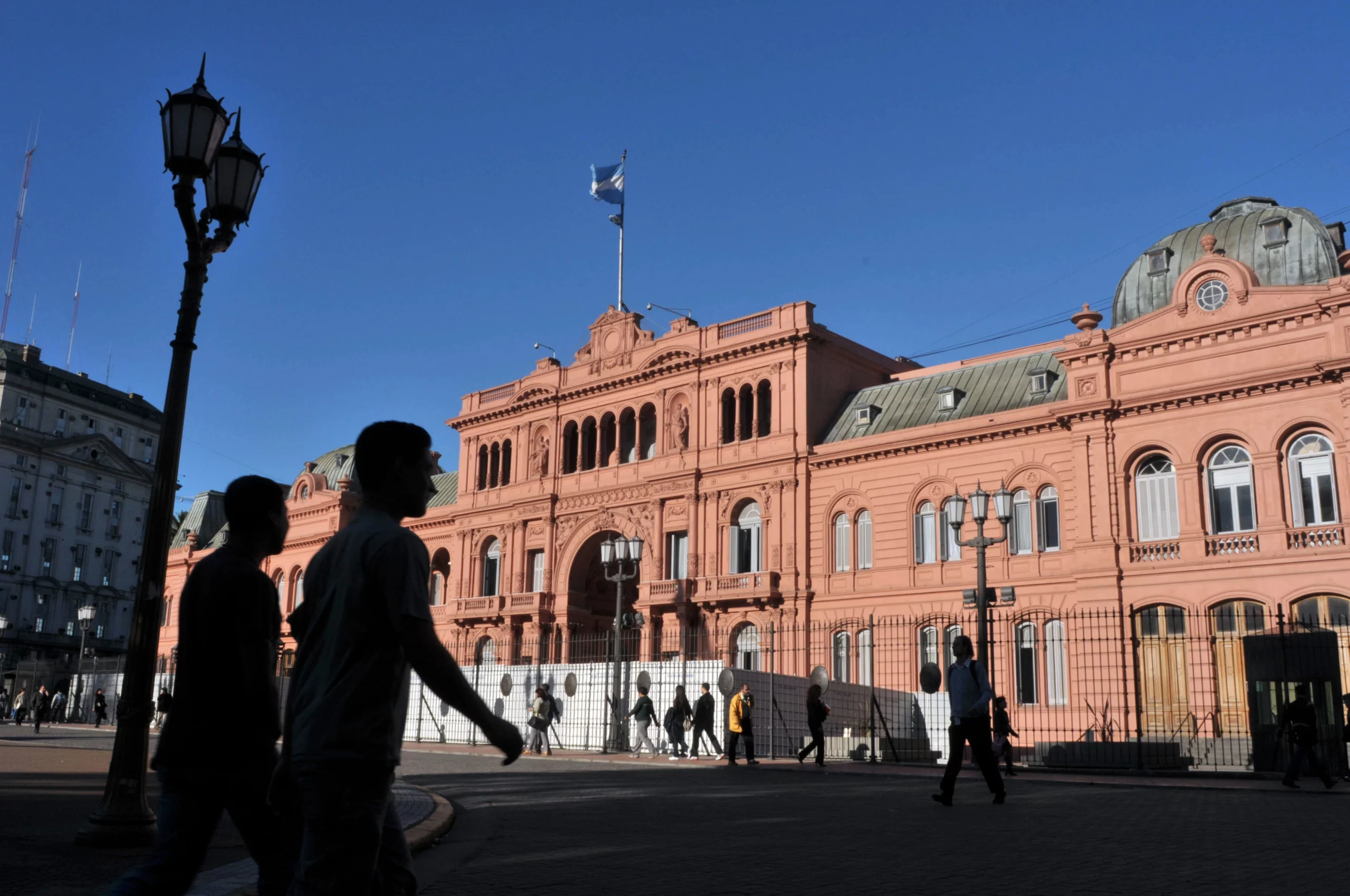In 2024, Argentina, led by President Milei and Minister Caputo, embarks on a crucial journey, confronting numerous economic hurdles.
They grapple with a legacy of past governance, focusing on overcoming inherited economic challenges.
January’s approaching debt maturities of nearly US$4 billion test the nation’s financial fortitude.
Simultaneously, escalating inflation demands strategic management to stabilize the economy.
Economists have identified five key factors contributing to Argentina’s economic volatility, providing context to the current challenges.
First, unlike Brazil, Argentina’s failure to accumulate dollar reserves in the early 2000s led to a decrease in accounts, exacerbated by heavy spending and debt.
Second, from 2007 to 2016, Argentina’s unreliable inflation data undermined the country’s credibility, with figures manipulated to meet government targets.
During Macri’s term, Argentina regained market trust, allowing access to external debt markets but raising concerns about fiscal health.

Furthermore, Argentina’s reliance on public subsidies, particularly in energy and fuel, underscores the urgent need for fiscal reform.
Lastly, despite agricultural success, the country’s lack of significant industrial development has hindered economic progress.
Necessity of societal tolerance for financial adjustments
The administration’s economic program focuses heavily on fiscal stability.
Economists and policymakers stress the necessity of societal tolerance for financial adjustments, highlighting the importance of public understanding in these challenging times.
The program aims to demonstrate debt repayment capacity, rebuild reserves, and stabilize bond markets, maintaining a manageable gap between official and parallel exchange rates.
Monetary challenges, including the Central Bank’s task to reduce liabilities without causing financial instability, are also prominent.
The passage of the DNU and its impact on economic policies is a pivotal aspect of Argentina’s economic strategy.
A key goal is maintaining a low exchange rate gap and reducing inflation post-adjustment.
In summary, Argentina’s path in 2024 is a balancing act between economic stability and its political and social climate.
The nation’s ability to address these complexities will be a testament to its policy effectiveness and resilience.
The global community watches as Argentina navigates these economic challenges, seeking to establish a stable and prosperous future.

